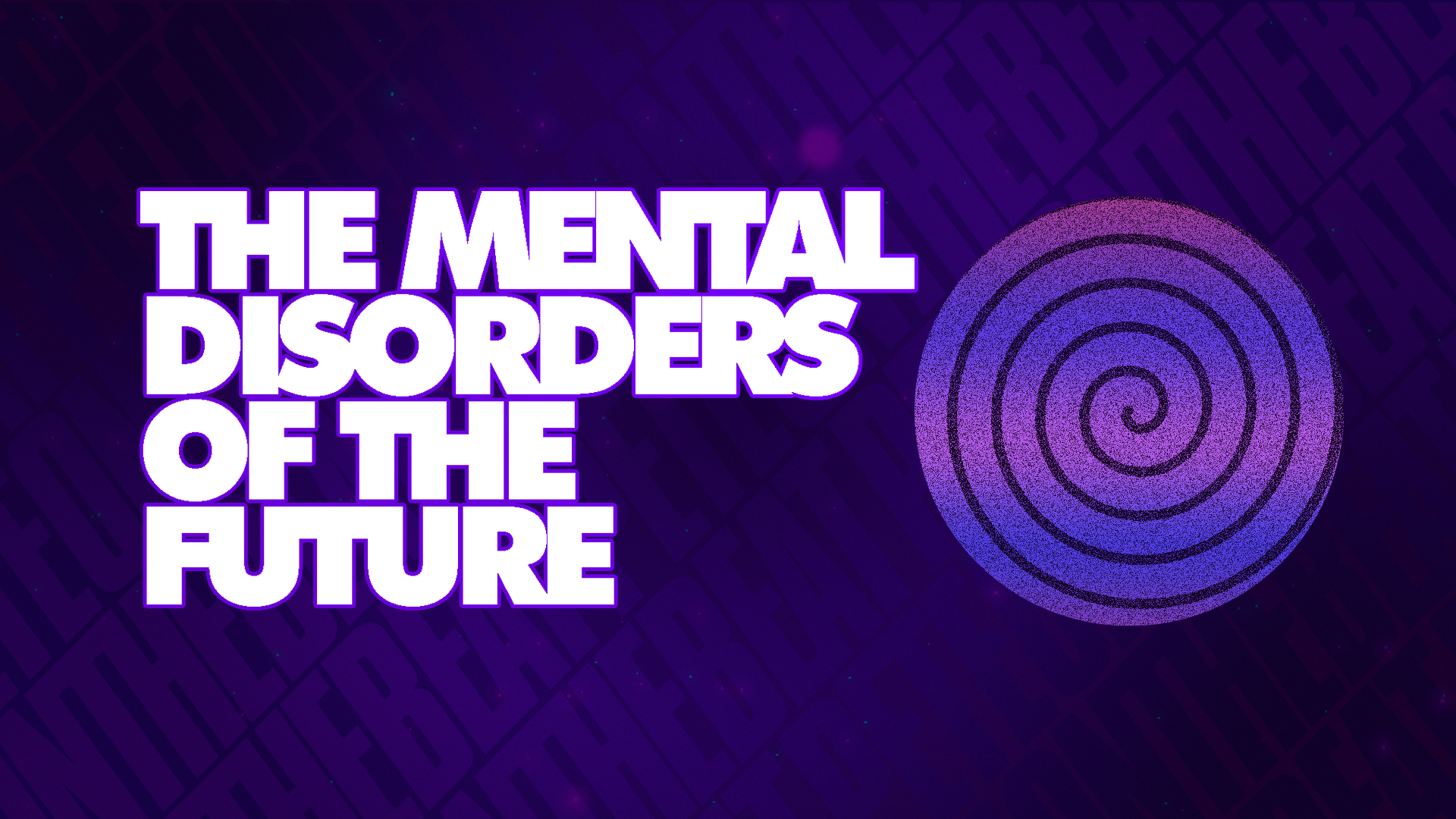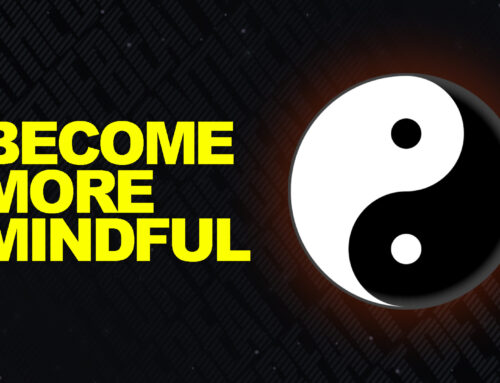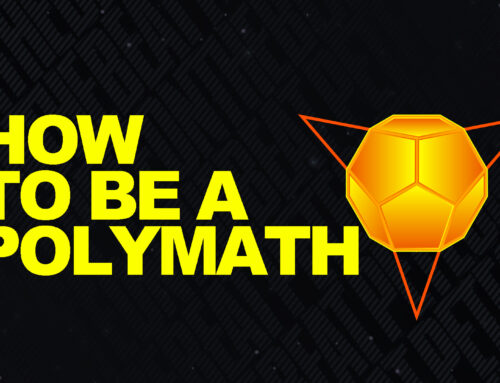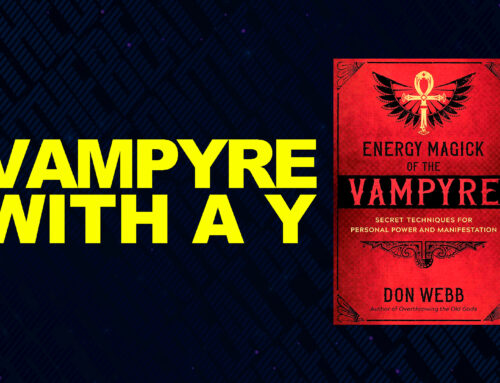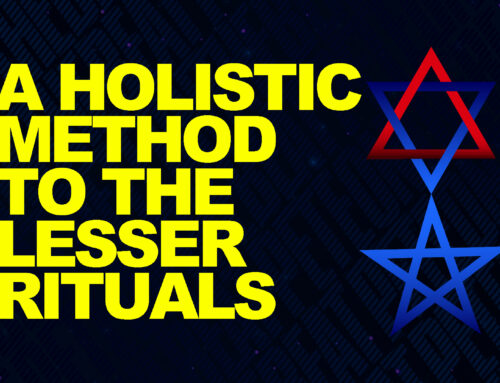Disclaimer
Not a while ago, I’ve had to write a 900-word essay, envisioning the mental disorders of the future. Doing so, I had to consider the changing world, some theoretical viewpoints, and my own imagination. While I failed in fitting the word count, I obtained the desired result and actually liked the essay. For this, around some time after completing it, I decided to share it on the internet. To prevent confusion/misunderstanding, before that, I’ll clarify two things. (1) Since unplanned, I’m publishing the essay only in a text format. (2) By no means, the following is scientific prediction or forecast. Based on common sense and research, they summarize meditations of a person who dealt with a widely spread mental condition. With that said, let them 1300 words begin…
The Mental Disorders of The Future
Considering the changing world, some theoretical viewpoints, my imagination, and even about 4 years of personal experience, I immediately think of two mental disorders affecting the lives of millions. Having their rates skyrocketed, causing an actual pandemic, those are anxiety and depression. While not necessarily going together, though they often do, each is perfectly capable of sucking the life out of a person. And the more we enter the future, the more that happens.
But why? What really causes it? Is something wrong with our species? After all, modern people enjoy privileges, pleasures, and security no previous generations had. We have countless options for everything and anything. Unseen amounts of information are at our fingertips. We also connect in a blink of an eye, and distances mean nothing. Besides, almost the entire world lives in a culture glorifying one’s success. And anyone who hasn’t been living under a rock knows that new teenage millionaires and internet superstars pop every day… or perhaps every hour.
Now… isn’t that awesome? Sure it is. Yet, it is also precisely where I believe the issue is. For this and to be maximally concise, I’ll focus on what appears to be the root cause of the unseen anxiety and depression rates: addiction to permanent overstimulation. Do I speak of drugs, liquor, junk food, porn, etc.? No, I actually don’t. While detrimental, those have been around since forever. I’m referring to social media, particularly Facebook, their invention of the “like button;” its later adoption by Youtube, and the fact that they bought Instagram.
Addictions
When hearing the term “addiction,” people usually think of crack and methheads, smoking, snorting, or shooting stuff in their veins. The truth, however, is that “addiction” has a much broader range of meanings. Apart from the likely-coming-to-mind-first “substance addiction,” which is quite identical to “food addiction,” there is a “behavioral addiction.” This is a condition in which a person engages in using a substance or behavior, the rewarding effects of which provide a compelling incentive to repeatedly pursue the behavior despite detrimental consequences. Meaning that any behavior can be addictive as long as working on the brain’s reward pathways. Behavioral vs. Substance Addiction
Devices
Smartphones provide an always present connection to an infinite matrix of chatter and distraction. Much worse, they constantly expose one to the critiques and comments of others. Spending about 2 hours a day on social media, they’re turned into deprived of solitude robots living in constant comparison. So many others are better, more prosperous and attractive, and most importantly, more recognized by the masses. While the intricacies of that can be found in people like Cal Newport and Alain de Button, I’d like to focus on how this triggers and keeps one in the mentioned mental conditions. Namely, what happens inside the brain when checking likes (or their lack thereof), a habit considered the “new smoking.”
Brain Chemistry and Self-Control
Perhaps, this isn’t a biggie if happening once. The truth, however, is that it really can’t happen once, and society binges on likes. No, not because of lacking discipline or self-control. Actually, those virtues become a joke when tech giants invest billions of dollars to make their products maximally addictive. Well aware of the ins and outs of that, Tristan Harrison is a technology ethicist who worked at Google and now is the president and co-founder of Humane Technology. According to him, apps like Facebook and Instagram are no different than digital “slot machines.”
Like a compulsive gambler selling their stuff to spend more in the casino, the modern person can’t stop scrolling, permanently depleting dopamine. The permanent comparison and trying to “keep up with the Joneses” elevate cortisol and adrenaline. Adding to the stresses of fast-paced modern living, this causes sustained anxiety, potentially triggering panic attacks, etc. Ironically it also makes people more isolated than, ever although they are connected 24/7.
Is it Just Social Media?
But do I really believe that social media is the sole reason for the peak of anxiety and depression? No, I actually don’t. Instead, I think that with the invention of the like button in 2012, the “shit really hit the fan.” Before that, though, the extremelly unhealthy consumerism and “hustle” culture have been around for decades, destroying people’s health both physically and mentally. Whether it’s junk food, drugs, liquor, porn, etc., they all work on the exact reward mechanisms of the brain. Adding the chronic sleep deprivation causing merciless competitiveness, I believe the solid predisposition for depression and anxiety is already there.
The only difference is that now that happens much quicker, and one sustains exposure to potential worldwide criticism and comparison. Criticism and comparison generating extreme amounts of pressure within the already heavily stressed-out society. As mentioned, depression and anxiety haven’t been more common globally. But I guess this is all-natural for the Western model, which some of the most advanced countries struggle to adapt, or at least, they do partially. What I have in mind is Japan’s quite shocking hikikomori.
The only difference is that now that happens much quicker, and one sustains exposure to potential worldwide criticism and comparison. Criticism and comparison generating extreme amounts of pressure within the already heavily stressed-out society. As mentioned, depression and anxiety haven’t been more common globally. But I guess this is all-natural for the Western model, which some of the most advanced countries struggle to adapt, or at least, they do partially. What I have in mind is Japan’s quite shocking hikikomori.
Lifestyle
Ironically, it’s also well-known that though having some of the healthiest diets (the Okinawan and Katawan), Japanese people started getting fat and sick once adopting the grains-heavy Western diet, which now top experts like Dr. Jason Fung, Dr. David Perlmutter, and Robb Wolf considered not just the worst nutrition-wise but also massive trigger of the mentioned conditions. Glorifying the idea of overworking oneself to death to “get the desired…” which sadly nowadays is primarily social status and approval, “hustle culture,” and its detrimental effects are thoroughly examined in Ariana Huffington’s Thrive.
And while I do realize that the hikikomori phenomenon is more extreme, it remains that anxiety and depression rates are obscenely higher than ever. So, what I think future psychic disorders will be. To extrapolate all previously said, I’ll conclude by saying that anxiety and depression will persist no matter what other “disorders” get recognized. Or at least, they definitely will, the more the world adopts the mentioned way of living, considering it ideal. Besides that, I also believe terms like “anxiety” or “panic attacks,” will begin including more and more conditions.
For instance, my panic attacks kicked in back in 2016, when I was most active on social media. Then their symptoms were mainly described as fear of dying, getting a heart attack, or fainting. A bit later, however, that also started, including the well-known-to-me fear of suffocating, choking, and… getting a seizure… while perhaps suffering the former. The last time I checked, thankfully, was in 2019. I found that now, more and more experts recognize phagophobia or fear of swallowing as another symptom of panic attacks…
Literature and References
Cal Newport — Digital Minimalism;
Mark Manson — Everything is F*cked;
Tristan Harrison — TED Talks;
Dr. Perlmutter — Grain Brain;
Dr. Jason Fung — The Complete Guide to Fasting; The Obesity Code;
Arianna Huffington — Thrive;
Peteonthebeat — OMAD GAINS;
- The Power of Mindfulness Meditation - May 1, 2024
- An Autobiography of Trauma Book Review - April 23, 2024
- Reflections on Being a Polymath - April 12, 2024
